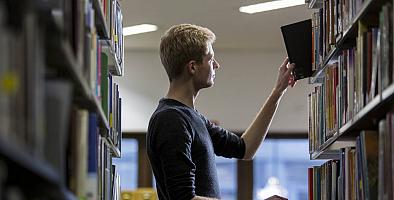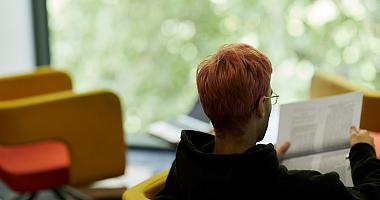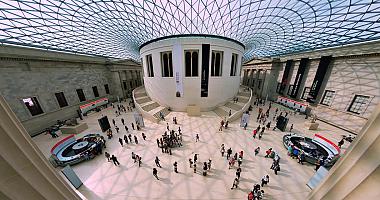Course information
Department
Length
1 year full-time or 2 years part-time
Scholarship information
Course overview
This pathway of the MA in Literary Studies aims to enhance your knowledge and understanding of the literature of 19th-century Britain and its relationship to a wide variety of cultural, intellectual, geographic and historical contexts.
Why study the MA Literary Studies: Romantic and Victorian Literature pathway at Goldsmiths
- You will compare texts which are closely connected yet often taught as the products of two distinct periods; you’ll see how genres and themes develop and explore relationships between authors and texts.
- You’ll study literary elegies and the afterlife of Romanticism; Wordsworth’s influence on the fiction of Eliot and Hardy; connections between the conversation poem and the dramatic monologue; London in literature; what Gothic and sensation novels tell us about the anxieties of the period.
- We’ll help you understand the impact of cultural, intellectual, and historical contexts: the reception of classical antiquity; the emergence of realism; radicalism and the French Revolution; Orientalism; urban Romanticism and Decadence.
- Our flexible pathway system enables you to focus on Romantic and Victorian literature and culture, with a related option module in European Decadence and the Visual Arts which will introduce you to the work of the Decadence Research Centre.
- You can also choose modules in other areas of literary studies, such as American literature, Caribbean writing, modern and contemporary literature, comparative literature or critical theory.
- You'll be able to further develop your interest in Romantic and Victorian literature and culture through a 15,000-word dissertation to be submitted at the end of your programme of study.
Talk to the pathway convenor
Do you have questions about the Romantic and Victorian Literature and Culture pathway of the MA Literary Studies that you'd like to discuss with the convenor? Book a meeting slot with Dr Isobel Hurst for an online one-to-one conversation.
Contact the department
If you have specific questions about the degree, contact Dr Isobel Hurst.





